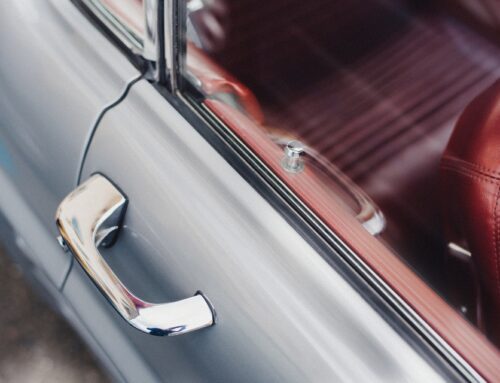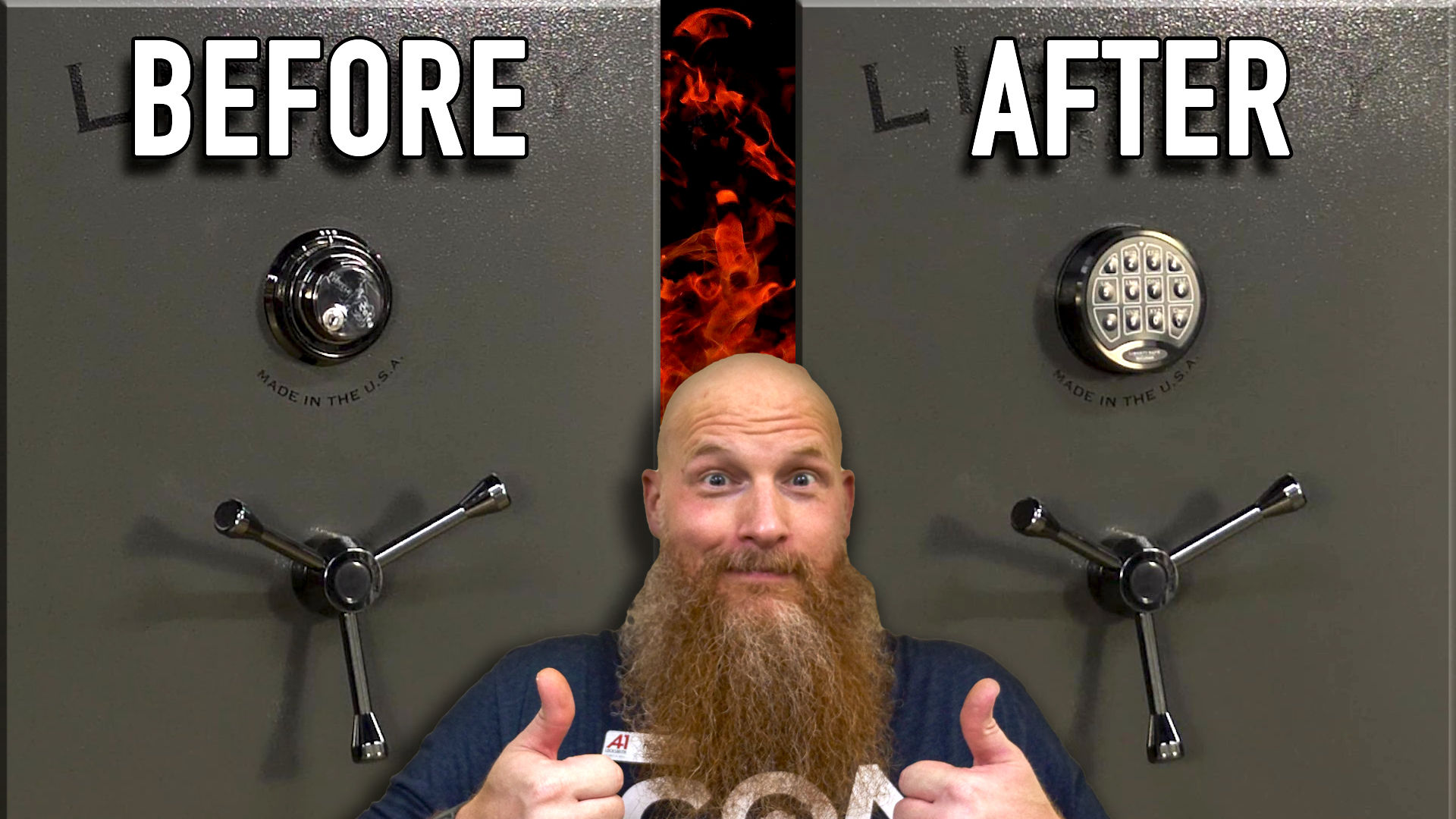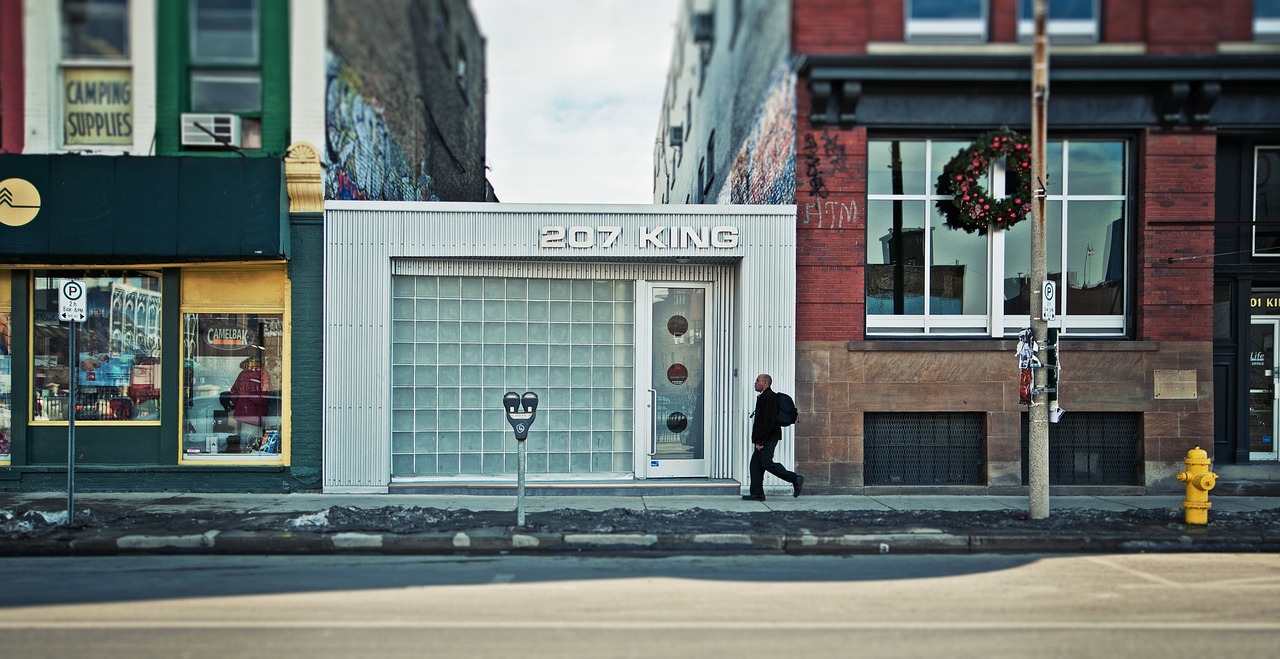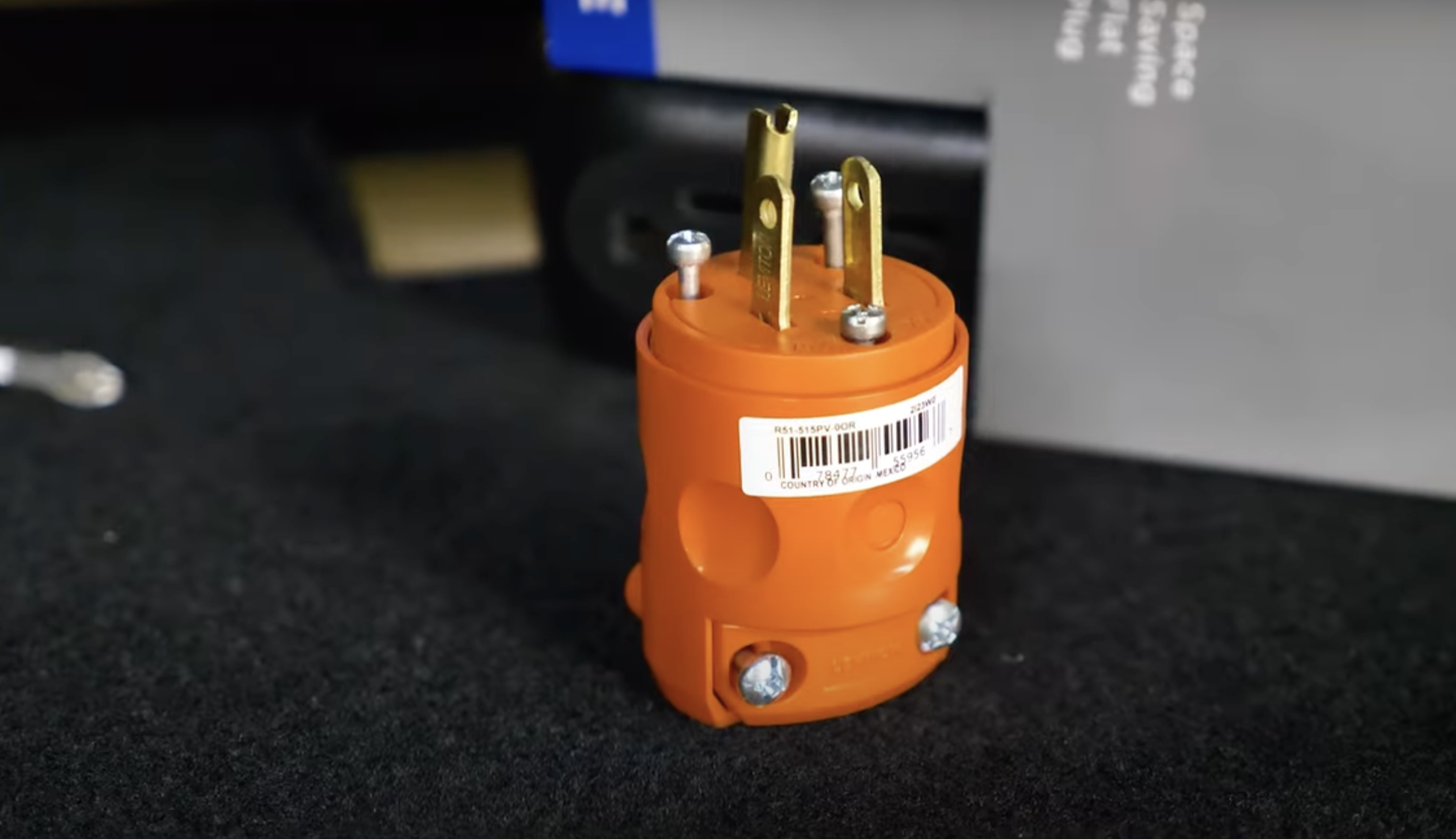Looking back on our history can bring up a great many interesting details. Recalling the details of human history, from our earliest foraging to the modern technological boom, can bring to light interesting patterns of behavior. Historians utilize these patterns and analyze evidence to paint a picture of life as it was hundreds or thousands of years ago. Yes, it seems that this time period would be entirely alien us, who are concerned about all the trappings of modern life. However, it is important to remember where one comes from, to learn from both the mistakes and triumphs of yesterday and to press on into the future with a little more perspective. This perspective, this window into how our species used to survive and operate, allows us a look at the origins of a great many aspects of our own modern life. One of these aspects regards the profession of locksmithing.
Once upon a time, a locksmith was a member of the community that would forge, design, build, and repair all manner of locks and keys. Of course, technology has a way of redefining certain professions, changing and rearranging what duties these professionals might perform. Locksmithing was a victim of this redefinition, so to speak. These days, locksmiths indeed still repair and install locks and lock systems, as well as cut keys to fit them. However, they are also entrusted with security appraisals, implementing security and alarm systems, and installing all manner of electronic locks. It is still interesting to note how this industry got its start, and we may do so by recalling one of the oldest lock-and-key designs that we still use today: the ward lock.
Also called the warded lock, this key has been around in some variation or another for upwards of a millennium. The basic design consists of a lock that has a central pivot point (usually cylindrical) that the key must cover to spin around and allow access for the keyholder. However, a series of concentric plates of different sizes, known as obstructions, would protrude from the lock and prevent access without the proper key. This security measure could be as simple or as complex as desired. All that mattered was that the key itself be cut in such a way as to rotate around the obstructions and unlock the device. The experts at A-1 Locksmiths are on-call 24 hours a day to serve all the locksmithing needs of the Dallas/Fort Worth area. Call them today at (972)-284-7500.
















